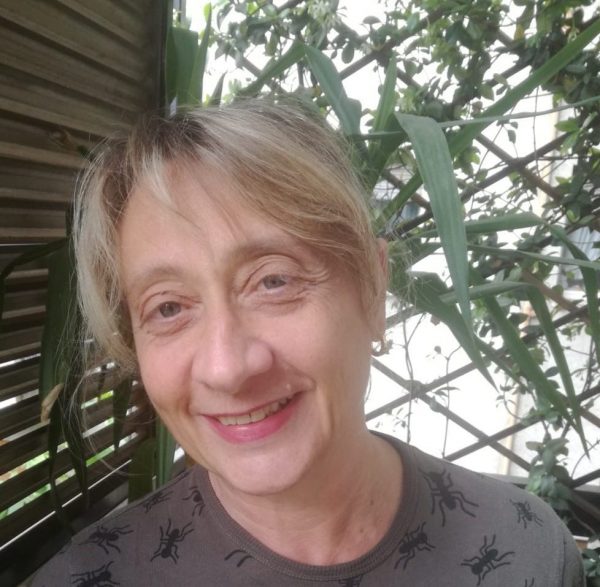Morello Laura
Researcher
Education
1987-1989: PhD in Biotechnology, State University of Milan
1981-1986: Degree in Biological Science, State University of Milan
Professional experience
2004 – Present: Staff Scientist, IBBA-CNR
2001-2004 – Post-Doc IBBA-CNR, Lab Dr. D. Breviario. Innovative selection systems for transgenic plants; role of introns in gene expression
1997-2001 – Post-Doc. fellow, Sez. Botanica Università degli Studi di Milano, Lab Prof F. Sala. Studies on coding and regulatory tubulin gene sequences expressed in transgenic rice plants
1997 – Marie Curie Fellowship John Innes Centre – Norwich, UK – Lab P. Christou. Transgenic plant production through biolistic transformation.
1990-96 – Post-Doc IBBA-CNR, Lab Dr. D. Breviario. Calcium-dependent Protein kinases (CDPK) and signal transduction in plant cells
1986-90 Research fellow AIRC, Università degli Studi di Milano, Lab Prof. E. Sturani. Signal transduction in normal and transformed mammalian cells. Phosphorylation of growth factor receptors
Research interests
- Plant gene expression: transcriptional and post-transcriptional regulation; role of introns; Intron-mediated expression (IME).
- Plant tubulin gene family: gene redundancy, gene duplication, exon-intron organisation, selective expression, evolution
- Antimicrotubular agents: effects in plant and algal cells, interactions with tubulin. Growth inhibition of the pathogenic microalga Prototheca spp. by chemical and natural substances.
- Plant biodiversity: plant species fingerprinting through genetic profiling based on tubulin intron length polymorphisms (TBP). Molecular authentication of plants and their products.
- Food authentication: Genetic identification of plant and animal species in food matrices. Qualitative and quantitative determination.
- Molecular taxonomy: delimitation of species and clones in the duckweed (Lemnaceae) family. Speciation through intra ed interspecific hybridization
